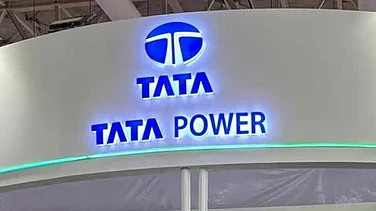Foreign tech giants including Microsoft, Amazon, Google, Oracle, IBM and Salesforce, providing software-as-a-service (SaaS) products, are facing increased tax demands for the fiscal years 2021–22 and 2022–23, Business Standard reported.
As per the report, the Income Tax Department has issued assessment orders to these corporations, classifying the revenue collected from Indian consumers as “fees for technical services” (FTS) under Indian tax laws.
Any payment for technical, management or consulting services is considered FTS and is taxed at 15% under the India–United States Double Tax Avoidance Agreement. Email queries sent to the corporations and the Central Board of Direct Taxes (CBDT) received no response as of press time. Before 2021, similar payments were often classified as “royalty.”
“The department has now issued assessment orders for FY22 and FY23, proposing tax demands, even though many companies have paid the 2% equalisation levy on these transactions during that period. This is leading to double taxation,” a person familiar with the matter said.
According to a tax expert, the finance ministry stated that such enterprises paid the equalisation levy voluntarily, despite being required to pay the FTS tax under income tax law.
EU Fines Apple, Meta
Few days back, the European Commission (EC) fined Apple $570 million and Meta $230 million under the Digital Markets Act (DMA), marking the first penalties issued against companies for violating this law aimed at fostering competition in the digital economy.
Introduced in 2022, the EU’s DMA seeks to curb the dominance of big tech companies as digital “gatekeepers” by preventing them from unilaterally imposing restrictive conditions on consumers and businesses.
Apple violated the DMA through restrictions on how app developers could communicate with users about sales and alternative offers. The EC issued a cease-and-desist order, requiring Apple to implement product changes by late June, with the threat of further fines for non-compliance.
Meta, led by Mark Zuckerberg, breached the DMA with its “consent or pay” model, which compelled users to either permit their personal data to be used for targeted advertising or pay a subscription fee for ad-free access to platforms like Facebook and Instagram.


































